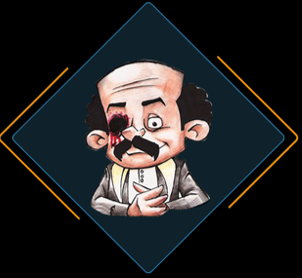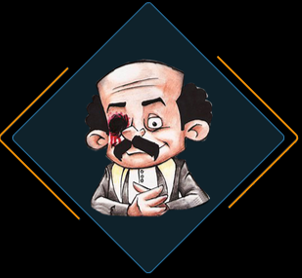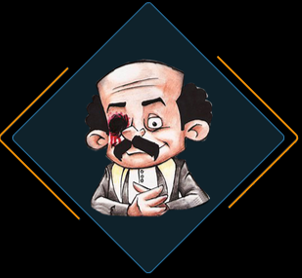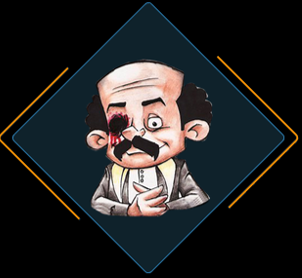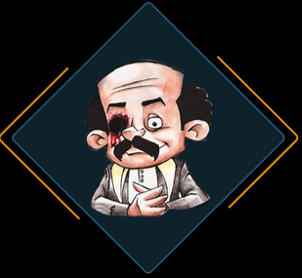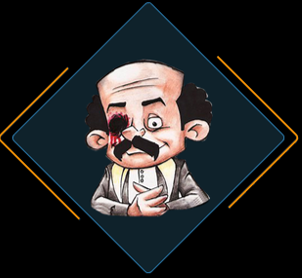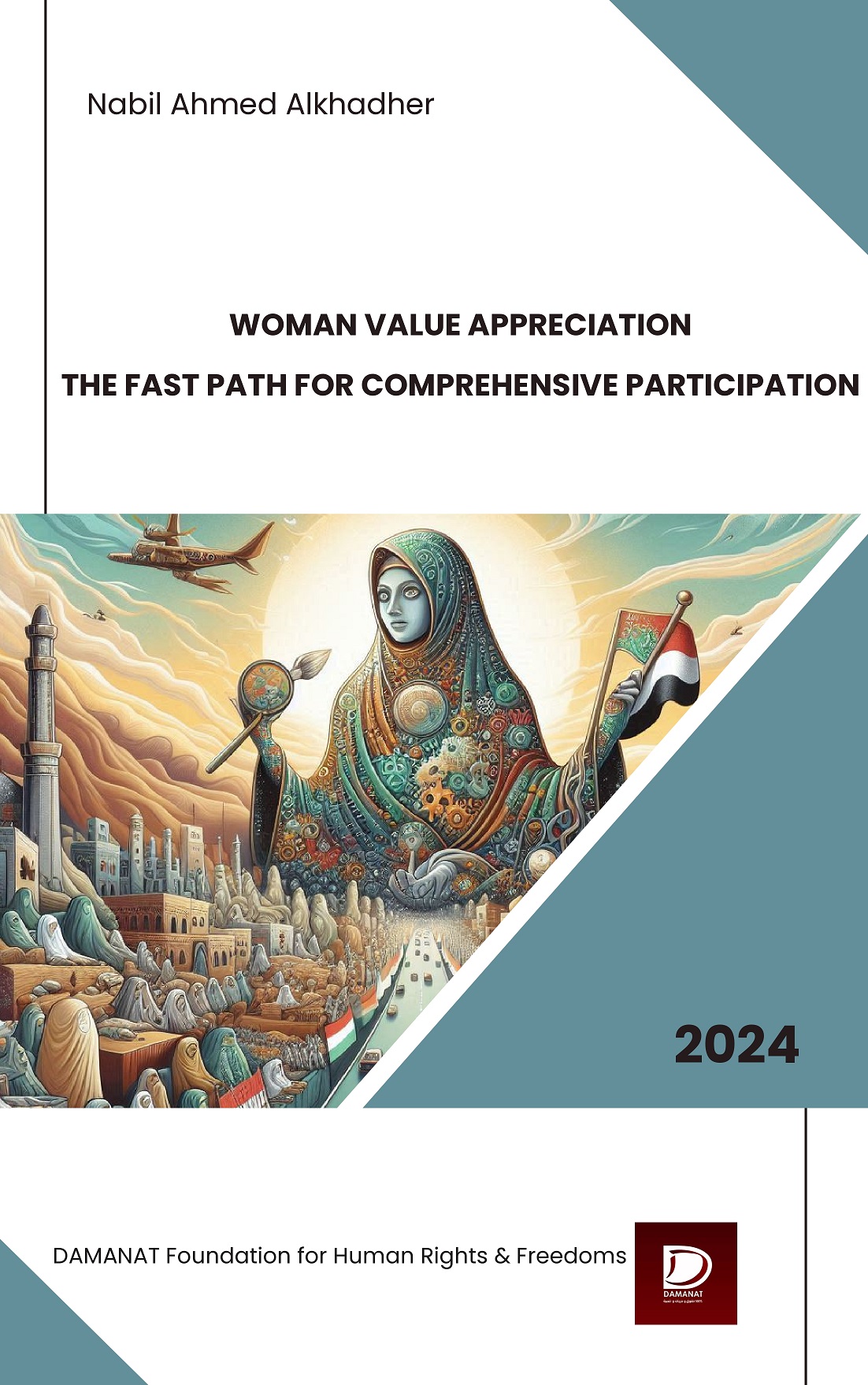Mon,Dec 15 ,2025
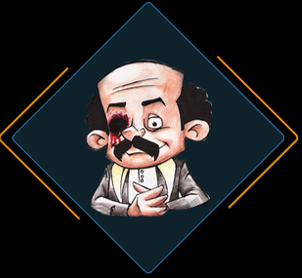
The Internet in Service of Children's Issues
2025-04-25
The Internet is the richest digital content in terms of information, including books, studies, research, university theses, newspapers, magazines, and periodicals. It can be described as the largest intellectual storehouse in history. This is the positive side.
However, the negative side of it is that the Internet makes use of sex industry by publishing many of its activities through websites that offer a variety of these bad activities, including the sexual portrayal of children, which is considered a violation of the humanity of childhood and a heinous exploitation of it. It is difficult to compare the positive and negative aspects of what the Internet offers to childhood, making it impossible to describe it as evil. The question becomes more difficult to answer if it reads, "Does the Internet violate childhood or protect it?”
Some statistics indicate that there are more than a million children of both sexes working in pornography.
The Internet has been considered a wide window for this industry to export its production. There is a lot of electronic warfare to combat these forms of heinous exploitation, which is considered one of the worst forms of child labor in the world.
The United Nations singled out the Optional Protocol to the Convention on the Rights of the Child on the sale of children, exploitation of children in prostitution and pornography. Hence the question: Is the Internet an effective medium for exploiting children? The logical answer is yes”.
On the other hand, the Internet has provided and continues to provide a large space for the activities of millions of local and international civil society institutions that work in the field of childhood and its right to survival, child development, safety, education and the maximum attainable level of health, freedom and protection. Internet is full of many studies, research and reports presented by research institutions or international civil society organizations (CSOs) in the field of monitoring developments in children's rights in a way that could not be accessed through traditional methods.
Likewise, the availability of books, periodicals, and stories that are directed to children, and provide the researcher, the activist, and the child himself with easy-to-access services. It is an active medium for broadcasting news of the activities of CSOs, and presenting their activities to interested readers and surfers. Perhaps the greatest service provided by the Internet to activists in the field of childhood is that it is a wide and fast field for the manufacture of public relations with many international institutions, which develop into partnerships and networking, which improves the level of performance of the national institutions and their service to their target groups.
Perhaps the Internet was able to cancel the excuse of the national institutions that their level of performance is low and ineffective due to the lack of training and qualification or the lack of information. The Internet has provided a lot of training guides that institutions can download for free and benefit from in developing their activities and building their capacities, this flow of information would not have been available for workers in the field of childhood and rights in general without it.
The most important thing that the Internet provides to activists is the international texts and conventions (declarations, charters, agreements, recommendations, working papers, protocols).
All of these are available on the Internet, anyone can have them. This is excellent considering that obtaining a book for the Convention on the Rights of the Child, for example, is difficult due to the limited organizations that work on printing it and the limited extent of its geographical distribution, while we find that the Internet provides that in any place and time, the question is “Does Internet with this work constitute a protection for children in the world. The answer is also yes.
Where is the Internet activated, who benefits from it, and have we in Yemen been able to obtain the maximum benefit from it to serve our business and the groups we help? The answer is no.
Benefit from the Internet abounds in Western countries, as there are many international civil society organizations that are active in the field of childhood, child protection and rights as an important and growing industry that surpasses even the porn industry that exploits children.
This is because the West in general is the first source of this industry, the first fighter against it, the largest beneficiary of the Internet and the largest dealer with it. While we find developing and less developed countries out of the loop, neither fighting the negatives, nor benefiting from the positives, and that the developing or least developed countries, including Yemen, do not benefit seriously from the internet.
So it does not benefit from books, studies, research, training guides, and the creation of public relations and partnerships.
At the same time, it does not enrich this content with its vision, ideas and research, if any.
The Internet is a wide space and platform for influence in the field of children's rights, and against all forms of children exploitation, however the important component is the human being. Is he in developing countries, including Yemen, able to develop his abilities to the maximum extent possible to serve himself and his society, or not?
As a personal experience, I discovered the extent of ignorance of what the Internet offers to every worker, not in the field of childhood only, but in the field of youth, women, the environment.etc. Only few people who deal with this technology positively with real interaction, in many conferences and workshops as well as the training that I attended or helped prepare for it, I was still seeing and hearing many ideas that are primitive.
It gives the listener the impression that the speaker has besieged himself in terms of ideas, experiences, and activities that serve his issue, while he can obtain by looking at the experiences, ideas, and activities of others in different countries of the world.
Much ignorance and disregard of the importance of the Internet in serving childhood issues results either from an inability to deal with the Internet or from unwillingness and lack of knowledge of its importance in the process of personal and institutional enrichment.
The Internet is one of the technologies that revolutionized the world of communication and information, which we can consider as a gift of technology to man to get to know his world better, and for childhood, the Internet has provided a lot of studies, research, books, and many opportunities to acquire relationships, networking, partnerships, and memberships for global networks and institutions that have experience and information richness So What makes those working in the field of childhood and combating violence against children in Yemen not interact with this technology?
